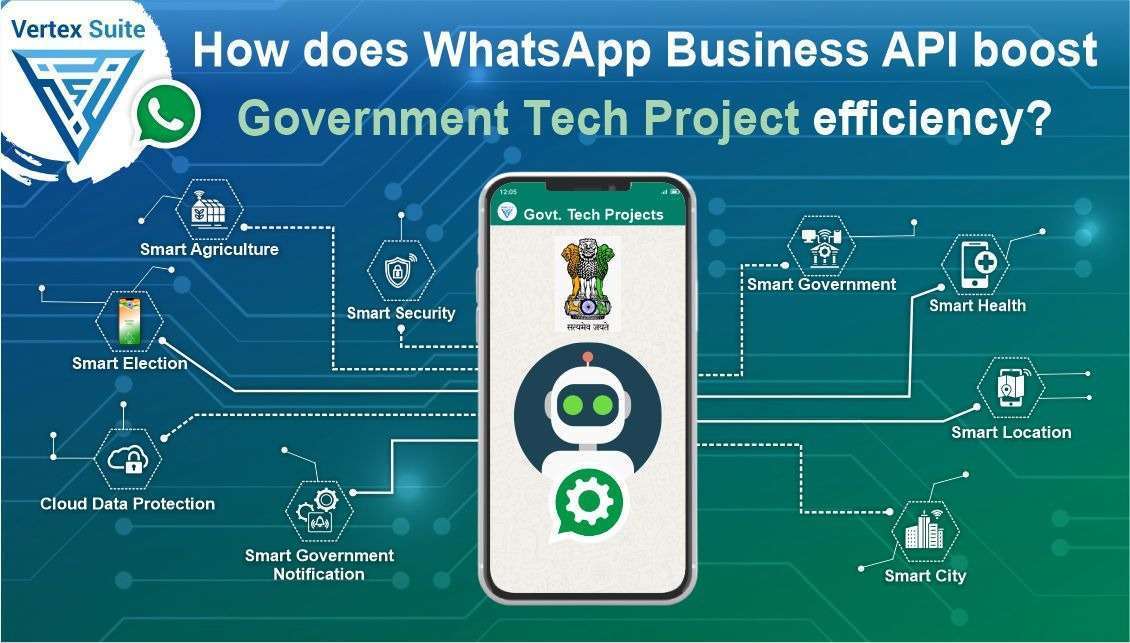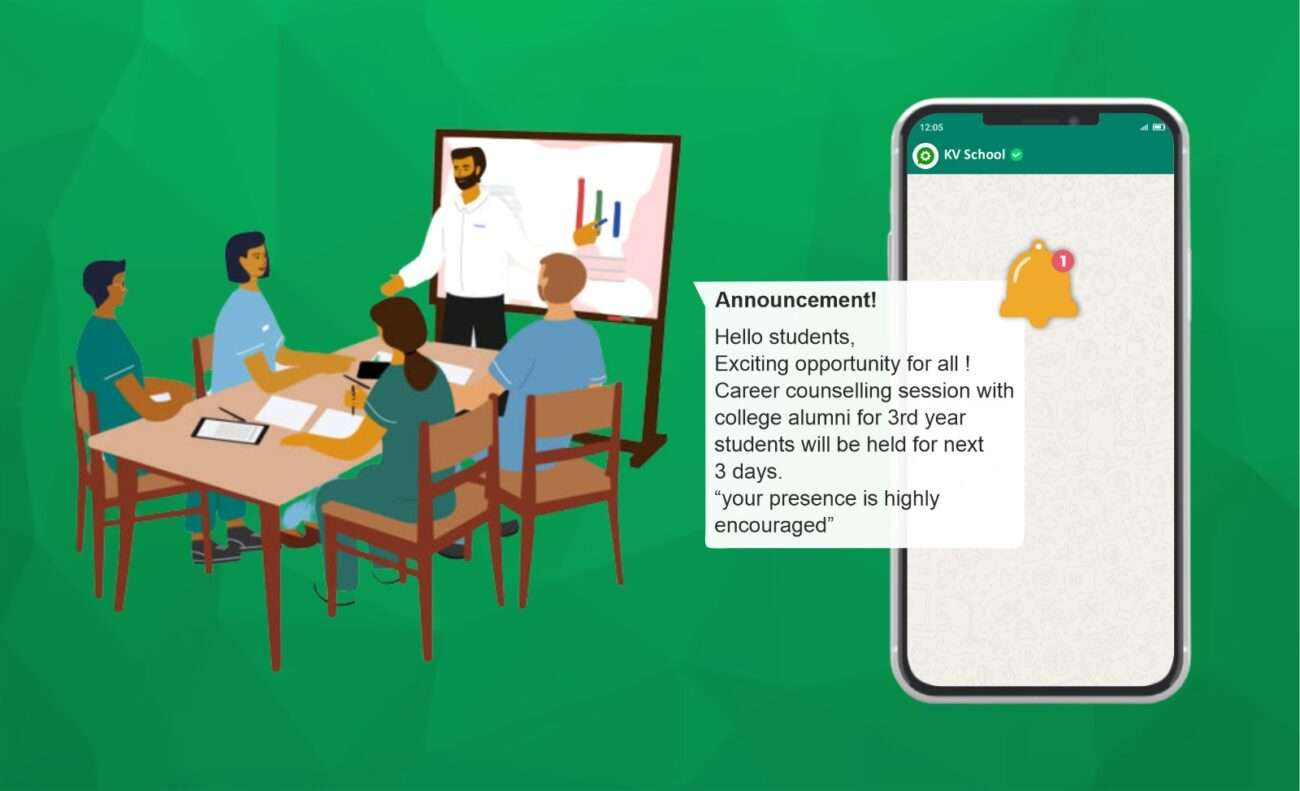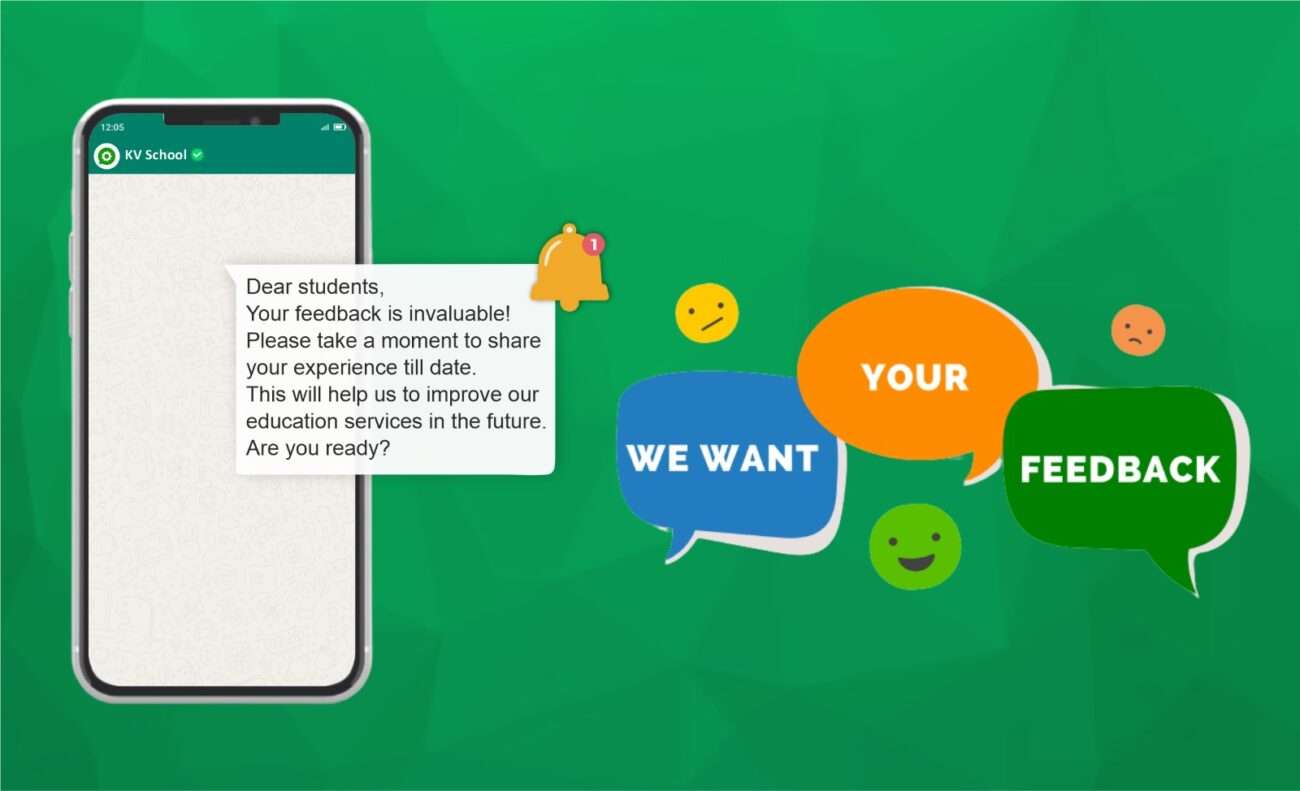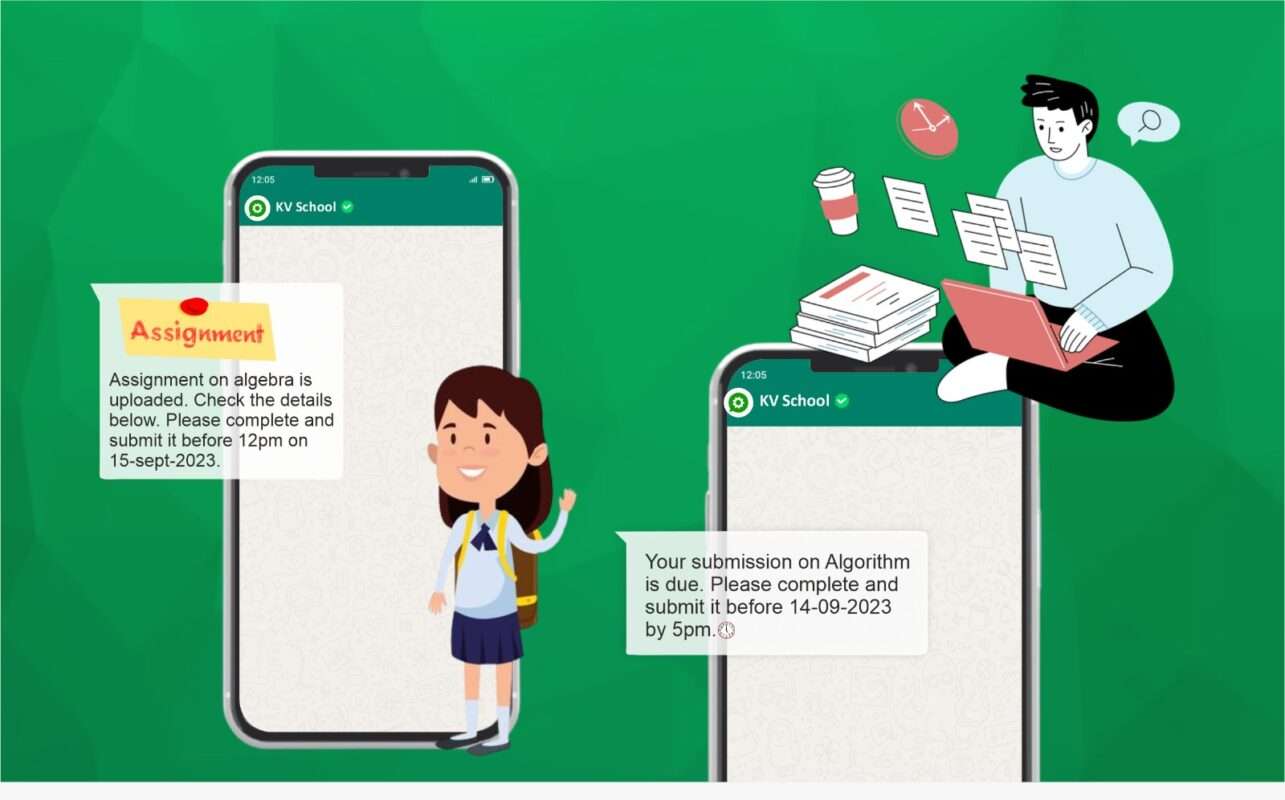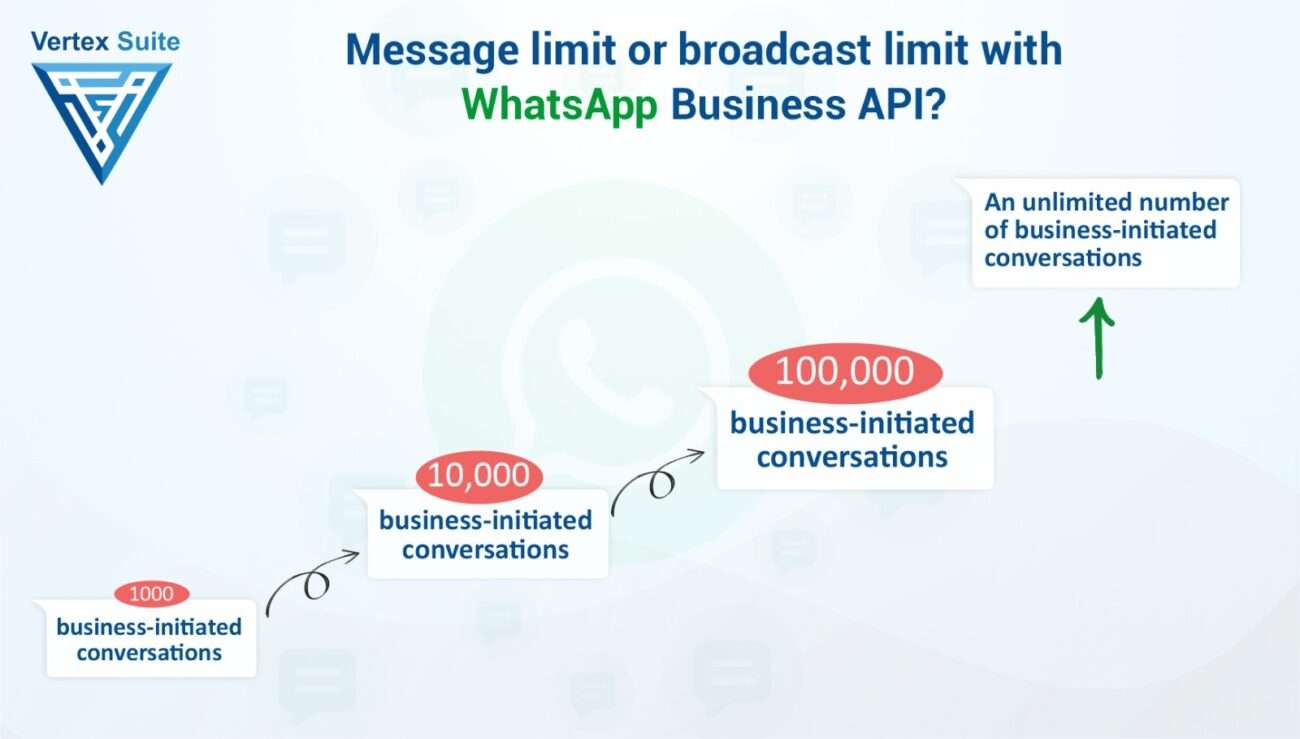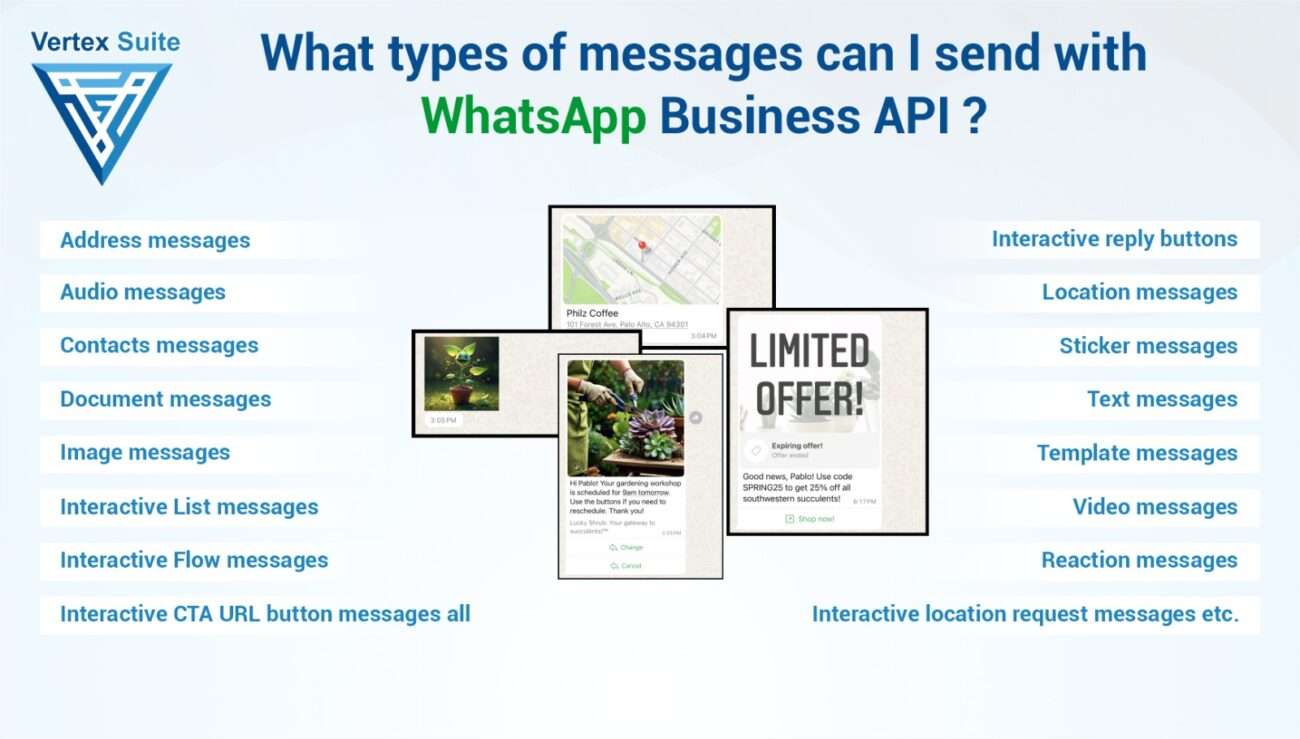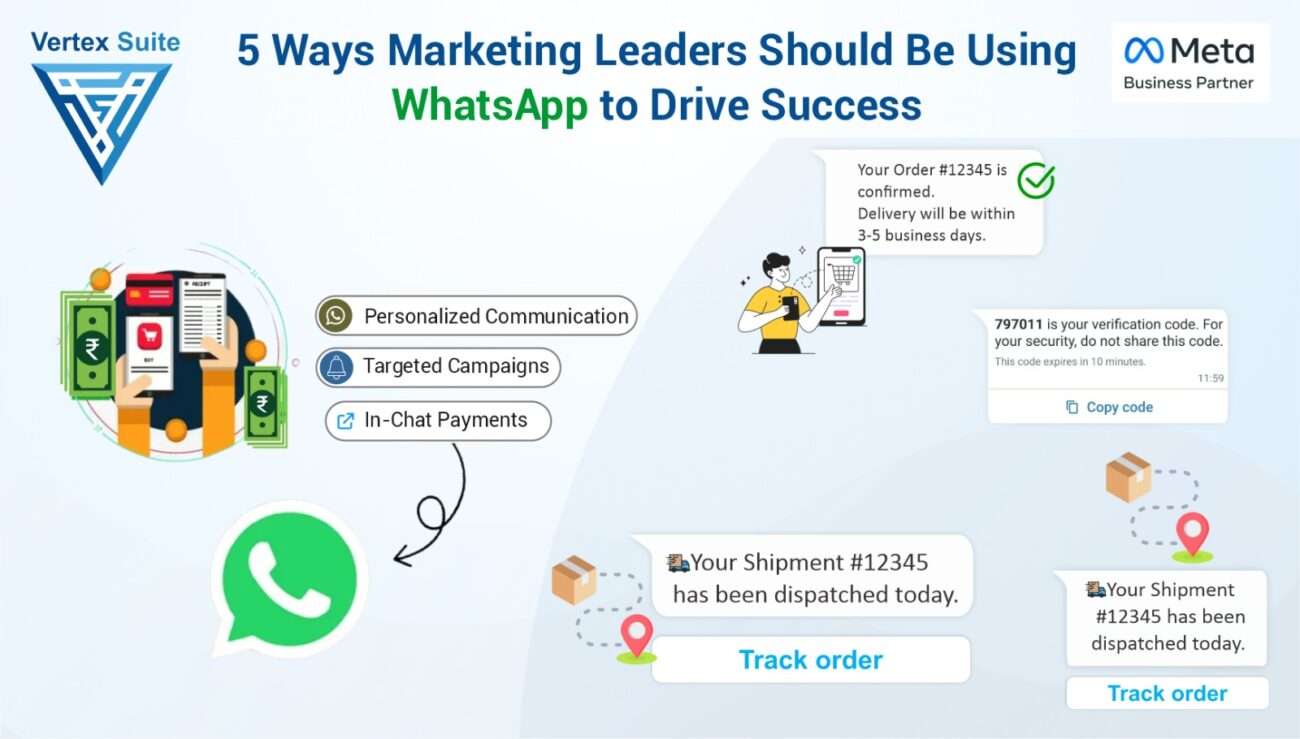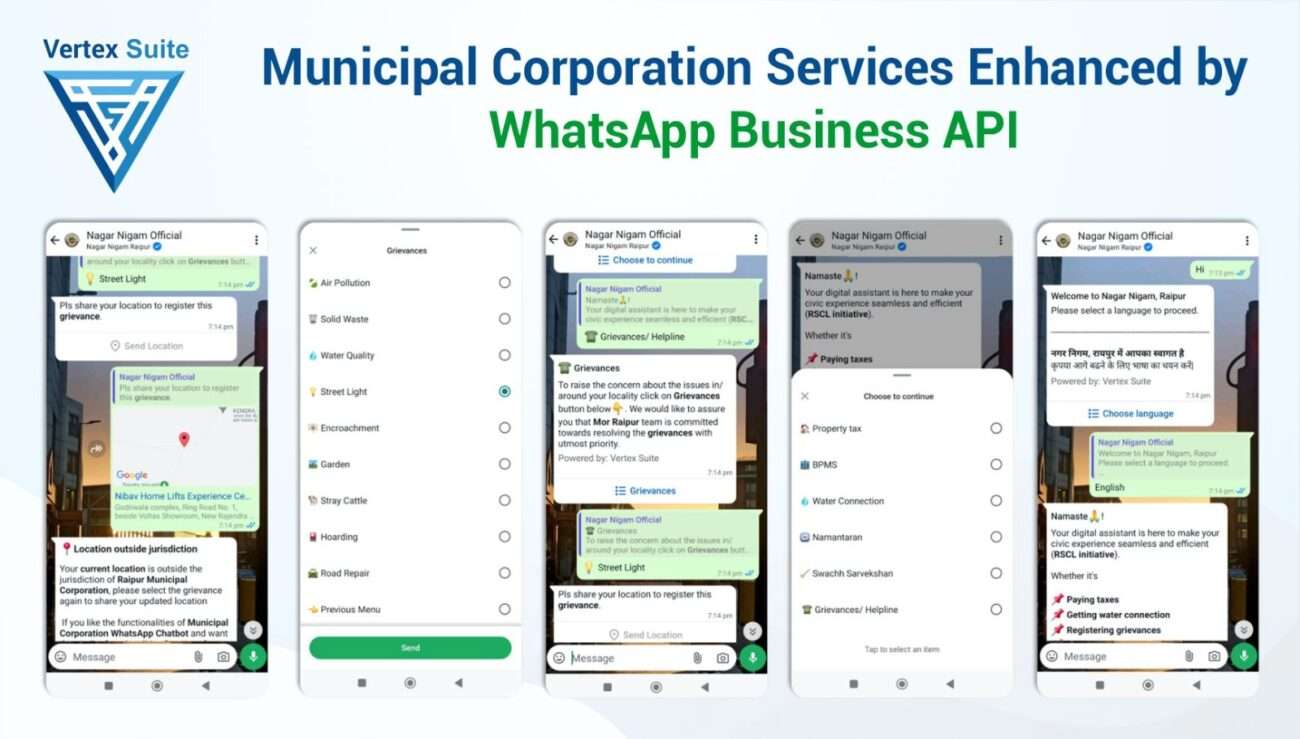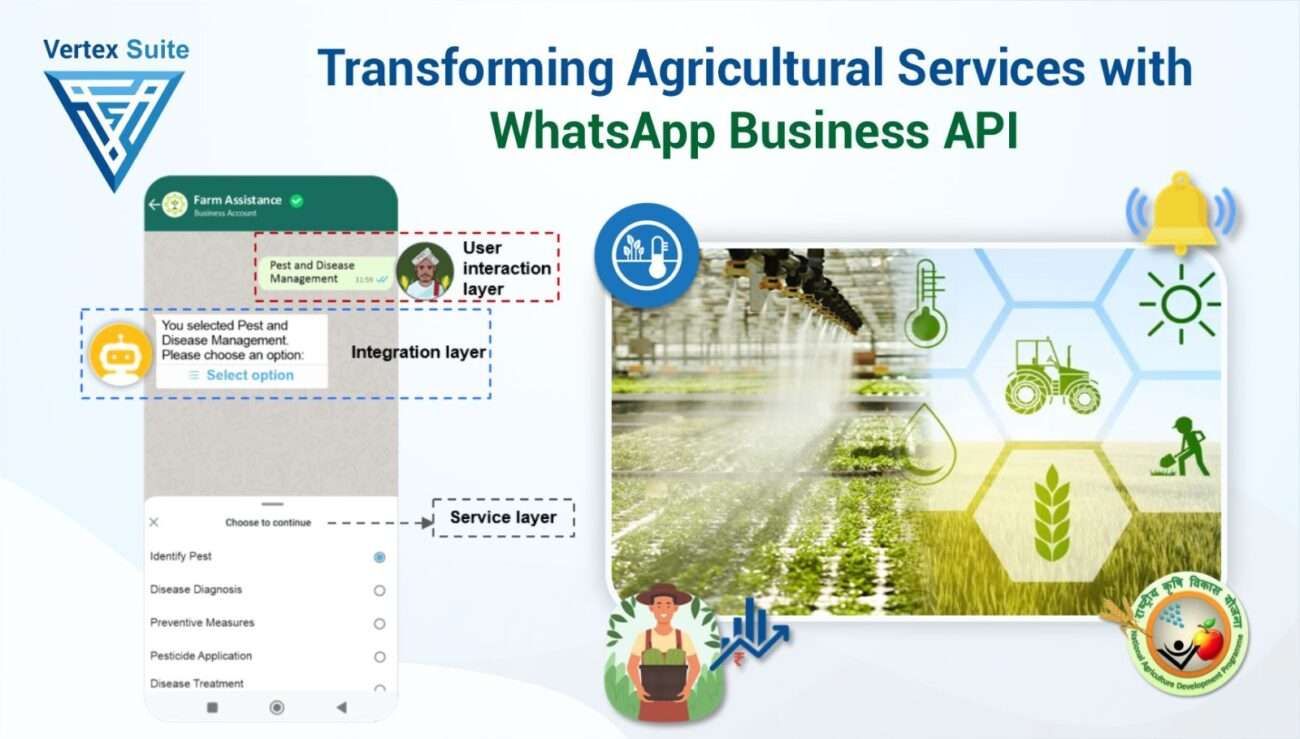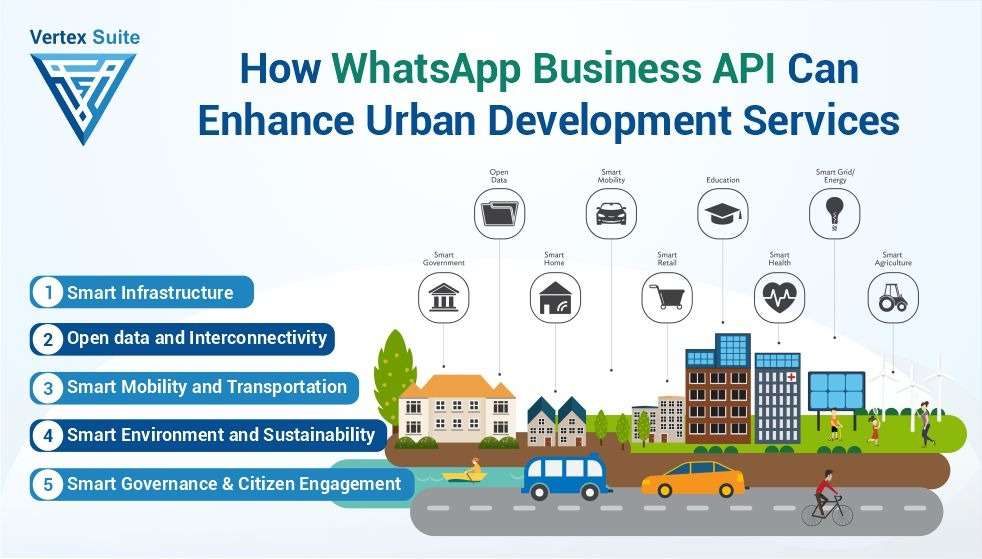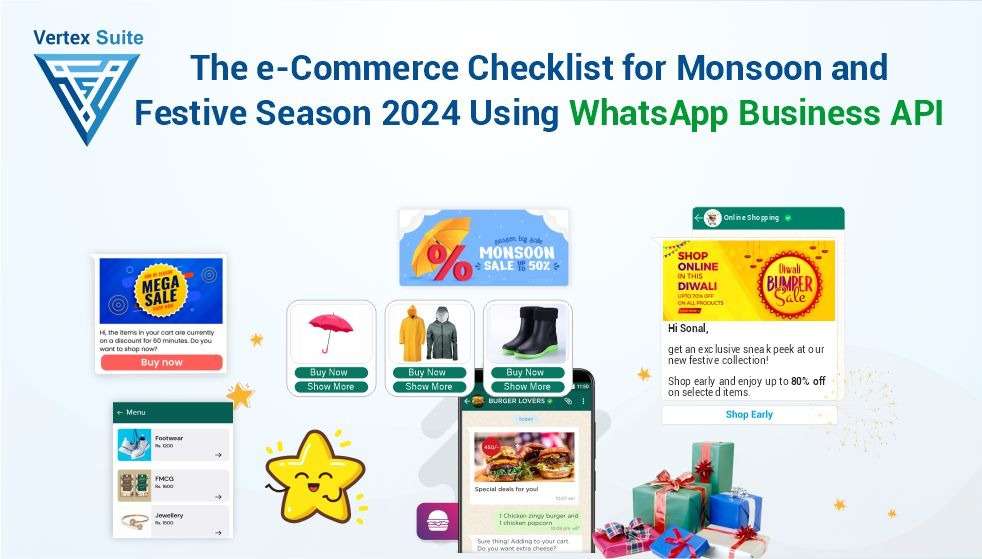As technology evolves, people’s expectations for better services are increasing. This trend is widely accepted, and it’s particularly important in a country like India with its large population. When a significant portion of the population starts using new technologies, it becomes essential to provide more services and benefits to meet their needs.
In India, not only in big cities but also in small towns and villages, there is a growing embrace of digitization. Several tech platforms are actively working to bring about digital transformation in society, and the government is keeping pace with this change. As technology evolves, the public sector is recognizing the many benefits of adopting these modern functionalities. If the government embraces digital transformation in its services, it will have a significant impact on a vast number of people. This includes providing online services, creating online portals, developing mobile applications, enabling digital banking, and more. These advancements allow people to access various services from anywhere through online platforms.
Let’s explore how Digital India is transforming its economy:
1. Enhancing farming technology to uplift the agriculture sector.
2. Implementing smart city projects by utilizing digital infrastructure, eco-friendly vehicles, Digi locker, citizen engagement channels, and automating mobile notifications.
3. Bringing together manufacturers from different sectors onto a single portal to digitize their procurement processes.
4. Harnessing IoT and AI for data security, utilizing Cloud computing for efficient data storage, incorporating AI and ML for enhanced decision-making services. Adopting sustainable technology to reduce energy consumption.
In this era of advanced technology and digitization, a new form of communication technology has emerged. WhatsApp, which is widely used by everyone today, serves as an excellent platform for connecting, chatting, and staying updated with essential information. Not only individuals but also companies and businesses have begun using or are considering using WhatsApp for their operations. WhatsApp has introduced a new feature called WhatsApp Business API, which has significant potential and facilitates advanced-level communication for various purposes.
As communication is advancing across different sectors, the most crucial area that requires improvement is the public sector. If the government’s communication improves, it would benefit the public the most. Implementing WhatsApp Business API could provide the government with an excellent opportunity to establish a seamless communication channel, ensuring effective interaction with citizens. Let’s explore how WhatsApp Business API could assist the government in engaging more customers, allowing people to benefit from government services conveniently and stay updated through an easily accessible medium.
Section 1: Overview of WhatsApp Business API:
WhatsApp Business API is a powerful tool introduced by WhatsApp to improve communication. It enhances the way two parties communicate, whether it’s a brand connecting with consumers, a business interacting with clients, or the government reaching out to its citizens. This feature enables real-time information sharing, making interactions between organizations and their audiences more effective. As a widely used communication tool, it boosts customer engagement and allows businesses to send personalized messages, fostering better interaction with their customers.
Section 2: The Rise of Government-Citizen Communication:
Governments regularly share important updates across various sectors, typically through their websites. However, the information on these websites can be immense, making it challenging for people to find what they need. For those not familiar with computers, accessing such information becomes even more difficult. Additionally, during crucial events like result announcements or when accessing critical links, website servers often crash due to heavy traffic, leaving people with no alternative but to wait. This is where the WhatsApp Business API comes in as a solution. It offers a customized approach, allowing people to easily obtain the information they need through a simple WhatsApp chat without the hassles of website crashes.
Section 3: Potential Benefits of WhatsApp Business API for Government:
1- Real-Time Information Dissemination:
The WhatsApp Business API provides an advanced solution to the longstanding issue of delayed responses from government entities. Many people face problems with late replies, long wait times, no direct solutions, and numerous follow-ups. Government organizations are also burdened with a high volume of messages and pending requests. The direct solution to these problems lies in automated messaging through WhatsApp. People can receive instant replies to their concerns without having to search extensively on their specific topics, thanks to chatbot. Additionally, the government can schedule messages to be automatically sent during non-working days or when they are unavailable.
2- Service Delivery and Transactions:
With WhatsApp API integrated into government services, various activities like making quick payments, accessing forms, checking health services, utility bills, payments, taxes, and other transactions become much easier. You can easily obtain receipts, tokens, legal notices, exam forms, or information related to fee payments through the WhatsApp chatbot.
3- Public Health Campaigns:
Using WhatsApp for public health campaigns is a great idea for the government. Instead of spending money on loudspeakers marketing or ads, they can easily share updates about vaccination drives, health check-up campaigns, polio camps, and emergency alerts through WhatsApp. This way, people will receive instant notifications and read the messages promptly.
4- Feedback and Surveys:
The government often receives many complaints about various issues that are not easy to handle. WhatsApp serves as an effective tool for conducting surveys, polls, and registering complaints. Gathering public opinions is crucial, and addressing them properly increases public participation, ultimately aiding in better decision-making.
5- Privacy Concerns:
While using digital medium in government services has its advantages, there are challenges to address. Privacy concerns, security considerations, and the need for a strong infrastructure are crucial aspects that need careful attention. It’s important to tackle these challenges to ensure a smooth and secure integration. WhatsApp is already encrypted, providing protection against data security issues and preventing the breach of personal information. Therefore, integrating the government system with WhatsApp is highly recommended to ensure the full privacy of customer information.
WhatsApp is always updating its policies to benefit users, introducing new features and strengthening privacy measures. This opens up opportunities for a diverse range of businesses to use WhatsApp for their services. Now, even booking doctor’s appointments and selling healthcare services are possible, creating new possibilities for the government to expand its programs on WhatsApp, especially in areas like public health, social welfare, and economic recovery.
For the government, showcasing various services on the app becomes easy. They can provide a brief description of each government division and then share details about services, opening hours, location, along with pictures, demo videos, and updates in the form of stories. These facilities on WhatsApp, organized by divisions, will enhance services and engage more audiences.
In conclusion
As India moves towards a digital future, using WhatsApp Business API services can be a game-changer for the government. It’s crucial to have a well-planned strategy, involving collaboration with WhatsApp and other partners. The Indian government can leverage modern communication tools like WhatsApp Business API for effective governance, fostering a connected and informed citizenry.


